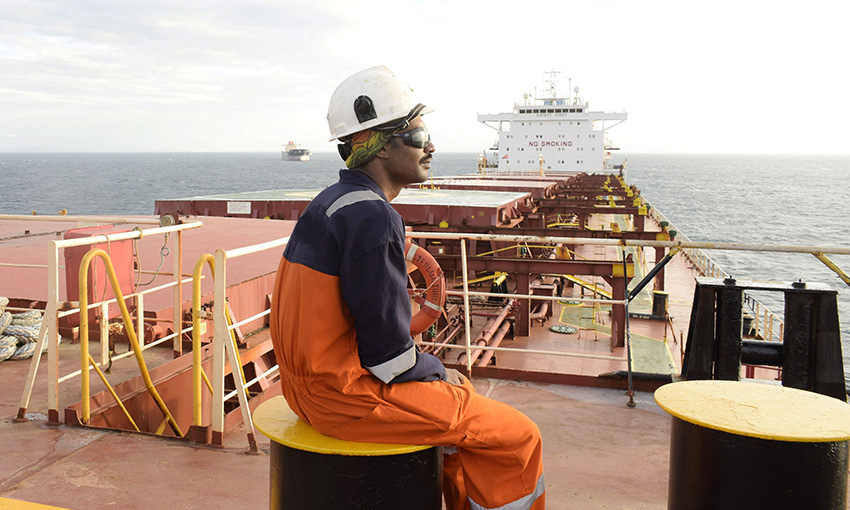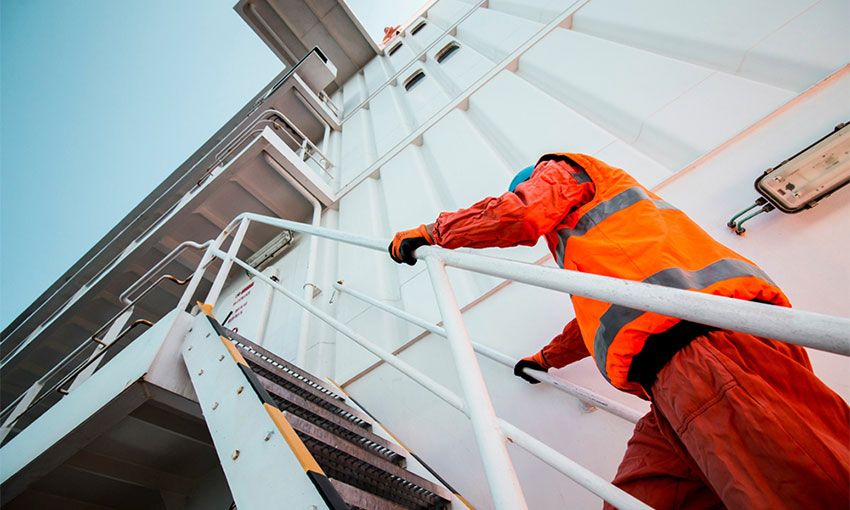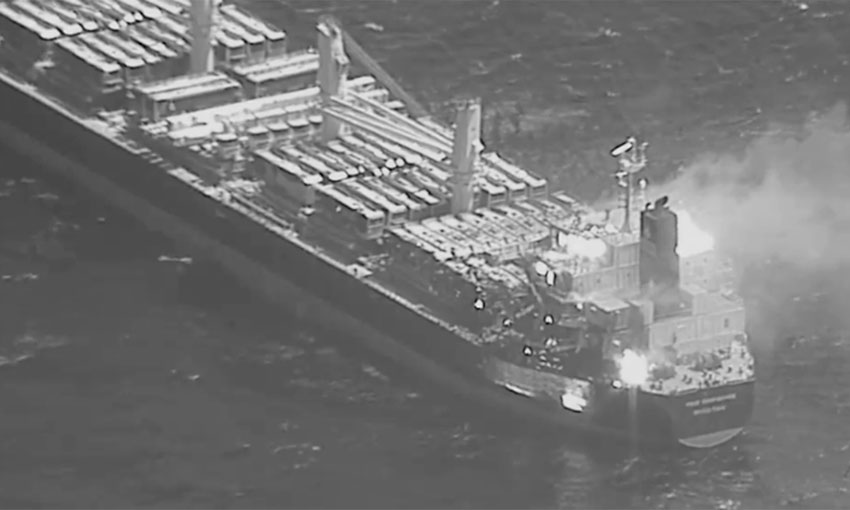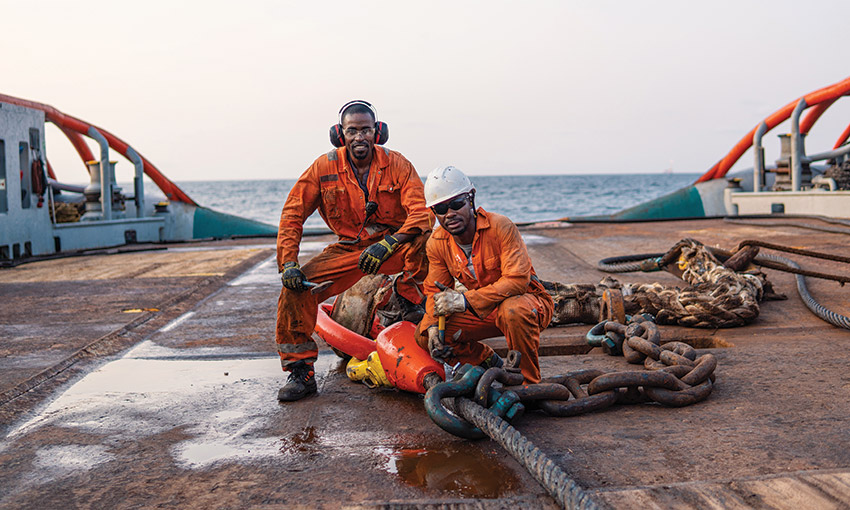GLOBAL Maritime Distress and Safety System (GMDSS) calls spiked in 2020 at the height of the COVID-19 pandemic, according to a recent report.
The Future of Maritime Safety Report 2022 examines GMDSS calls made to Inmarsat between 2018 to 2021.
According to the report, the spike in calls is likely to have been caused by “issues with crew change, rapid turnaround in ports and fatigue on board”.
Inmarsat Maritime senior vice-president of safety and security Peter Broadhurst said the report provides insights into safety trends from GMDSS data gathered between 2018 and 2021 and reveals patterns at a local and global level.
“Better understanding these patterns can help us to take proactive steps to prevent such incidents going forward and help guide us to a safer future,” he said.
“The Inmarsat GMDSS data shows the top three sectors with the highest distress calls as tankers, fishing vessels and bulk carriers, with the lowest incidents arising in passenger ships. This data should help us focus our attention and tackle known safety issues in these sectors.”
Adding context to the comprehensive data analysis, the report features expert opinions from industry representatives and seafarers invited to share their views on the most pertinent maritime safety issues and the changes they would like to see implemented to address them.
International Maritime Bureau deputy director Cyrus Moody said communication and collaboration are valuable in tackling piracy.
“Protecting our seafaring workforce requires constant vigilance and a concerted effort from the international maritime community, working with agencies and governments around the world,” Mr Moddy said.
“All too often, piracy is out of sight and out of mind.”
The report established a clear link between the global health crisis and a “drastic rise in distress calls in the last three years”.
The report suggests that shipping “has not emerged from the pandemic unscathed”. It concludes with a call to action, imploring the industry to put “safety at the core of its operations” and use “every solution available to prevent incidents and save lives”.





